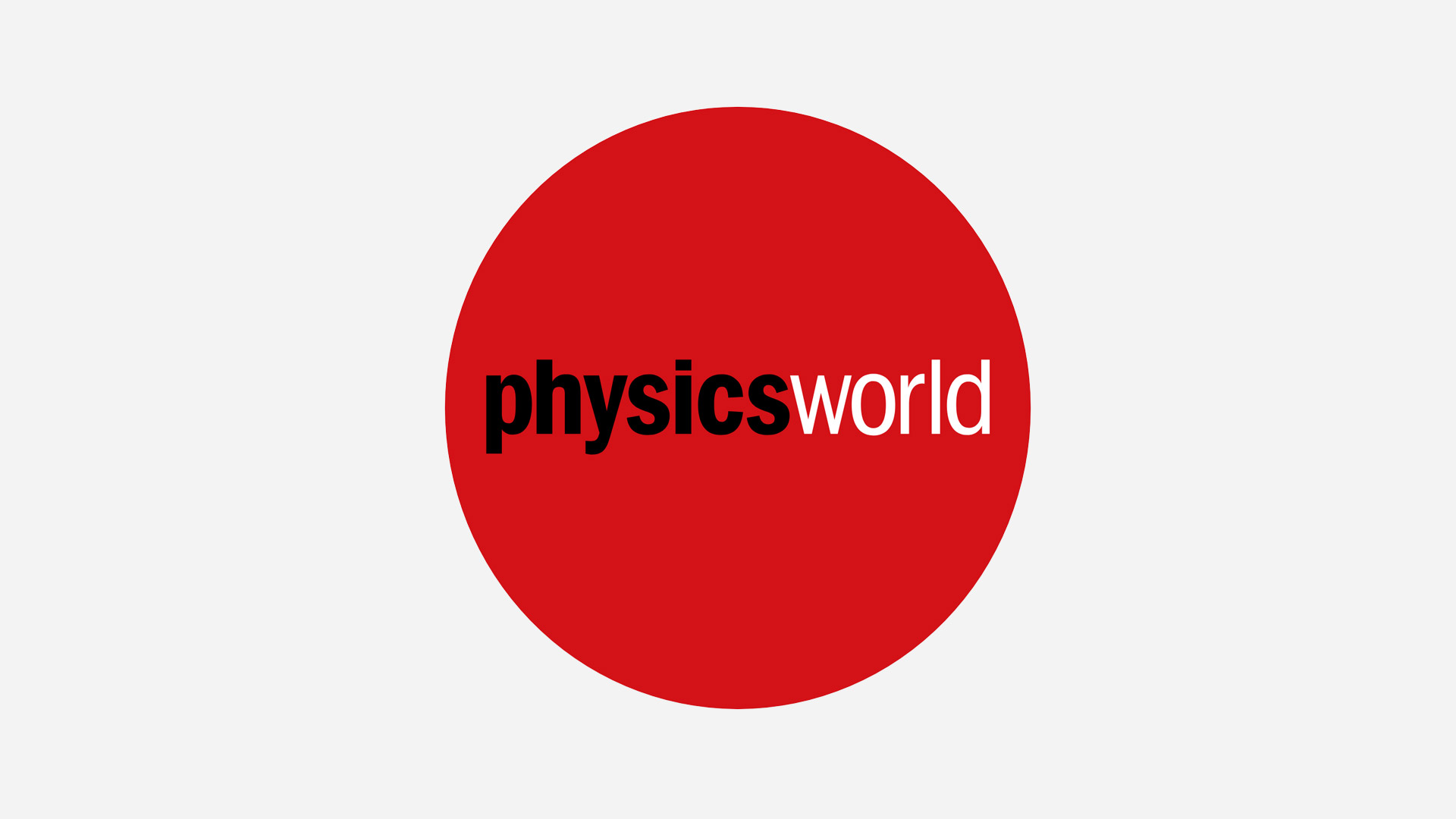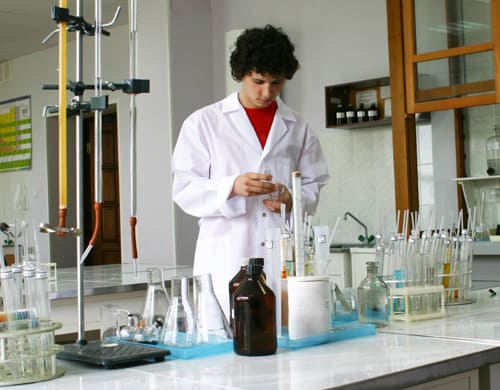Physics World 2014 Focus on Nanotechnology is out now
Find out more about the mobile phone that survives for 30 minutes submerged in water

Thank you for registering with Physics World
If you'd like to change your details at any time, please visit My account
I’m editor-in-chief of Physics World, where I help the editorial team to come up with brilliant, thoughtful, informative and entertaining articles and multimedia from every corner of physics and from all over the globe. Before moving into publishing, I studied chemical physics at the University of Bristol and went on to do a PhD and postdoc in polymer physics with Athene Donald at the University of Cambridge. These days I still enjoy covering practical, everyday physics of that kind and have a soft spot for science communication and the history of physics. I also like reporting on my various trips and visits around the world meeting all kinds of people in the physics community. Outside work, I’m busy thinking up a sequel to my popular-science book Furry Logic: the Physics of Animal Life, which I wrote with Liz Kalaugher, and also have an unhealthy interest in Birmingham City FC and the German language.
(Image courtesy Jo Hansford Photography)
Find out more about the mobile phone that survives for 30 minutes submerged in water


Enjoy a trip to the White Continent in the June 2014 issue of Physics World

São Paulo is the proud host of the first overseas offshoot of the International Centre for Theoretical Physics, which was set up by Abdus Salam 50 years ago
 Read article: São Paulo realizes Abdus Salam’s dream
Read article: São Paulo realizes Abdus Salam’s dream
Internet millionaire Yuri Milner seeks nominations for massive physics prizes

UK school teacher turns to Silly Putty to speed up dripping-drop experiment

Find out how the latest basic science is being transformed into technology

Find out in the May 2014 issue of Physics World, which is out now

Restored machine built by Sir Charles Wheatstone reveals the principles of polarized light

Reforms to A-level physics prompt concern
 Read article: Why axing practicals from science exams is a bad idea
Read article: Why axing practicals from science exams is a bad idea